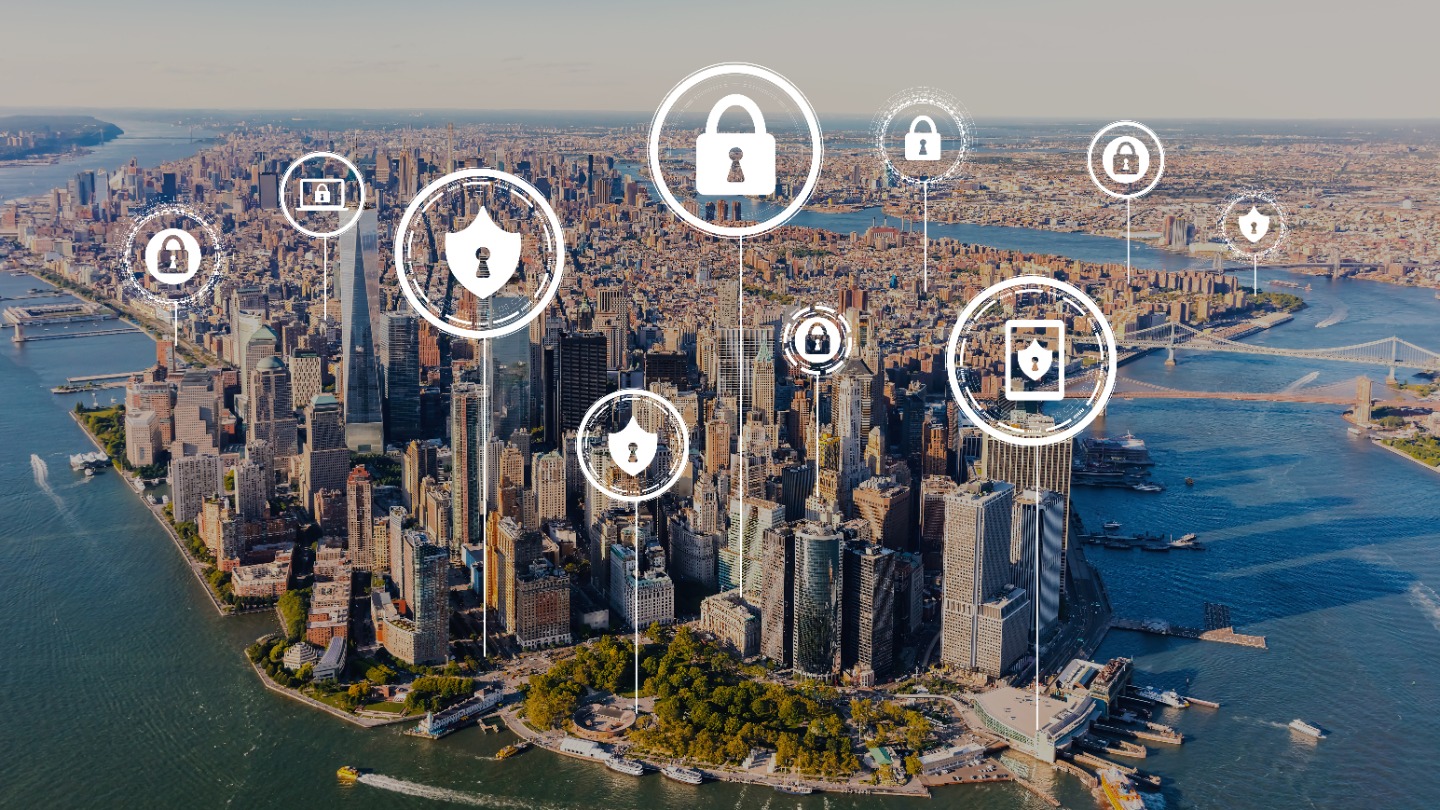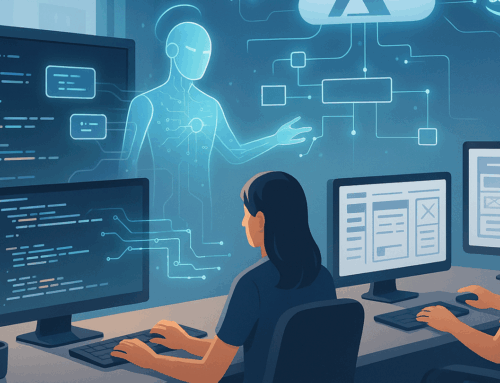It is indeed becoming clear that the future of cyber security, for all industries, will be a lot about combining digital and physical security.
Cyber security is no longer a myth.
In fact, it is one of the most important things to consider when operating in the travel and hospitality industry.
With all of the personal information given out by hotel guests, hotel operators must use cyber security to keep their guests safe.
Hotels often have a guest list, but not everyone on that list has access to the entire hotel.
That means that many people are vulnerable to having their information stolen.
One of the most notable shifts in cyber security is that hotel operators and airlines must consider combining a guest’s physical security with their digital security. For instance, in the hospitality industry, hotel operators and airlines collect more data than ever before on their guests. Still, they’re also being held liable for breaches that put those guests at risk.
This means they have to take steps to ensure their guests are kept safe in their physical and online environments.
In a similar vein, as more and more companies begin offering IoT solutions, such as smart building solutions, they must be cautious that they do not open themselves up to vulnerabilities while making it easier for hackers to access the information within their network.
Hotel Keycard Encryption
Hotels and hospitality providers have a unique set of cyber security challenges. Not only do they store the data of their patrons, but they also manage the access of their guests. For this reason, hotel keycard encryption is becoming an increasingly important aspect of hotel safety and security.
Hotel key cards have evolved from magnetic strip cards that were easy to copy for illicit use to more complex systems of encryption, such as Mifare Classic 1K cards that are used on public transit networks in London and Paris.
The problem with this type of card is that it can also be easily copied, as a hacker demonstrated in 2008 by creating his software and a fake keycard that unlocked the doors to any room in the chain. The same card was used at the 2014 Olympic Games in Sochi, but officials had enough time to address this flaw before hackers could seize on it.
However, there’s another problem with these types of protocols: encryption fatigue. In short, people don’t like having to remember too many passwords.
So, in addition to reducing risk by improving their encryption schemes, hotels are looking for ways to make things easier for guests who need to access their rooms. One standard solution is to implement biometric access control—using fingerprint, or facial recognition is becoming increasingly widespread.
Credit Card Data Storage
With the threat of cybercrime looming more prominent than ever, information systems in the hospitality industry are becoming more and more fortified. Here’s what you need to know.
First and foremost, organizations in the hospitality industry are increasing their data security by moving away from credit card storage and toward tokenization. Tokenization is a method of storing sensitive data using “tokens,” which can only be decrypted by authorized users.
It allows organizations to make payments without exposing the card number itself. This decreases vulnerability to cyberattacks and protects against data breaches, such as those that can occur when companies fail to store credit card information properly.
In addition to this process-based security measure, experts predict that the hospitality industry will begin utilizing more advanced authentication methods for both employees and guests. For example, instead of using simple passwords or PIN numbers to access accounts, new techniques may combine biometrics with unique device IDs or even location-based services.
Experts also speculate that a variety of different security initiatives will be implemented at the application level rather than on individual devices themselves—though there may still be a need for increased device protection.
The goal is to protect all networks, applications, and devices by implementing multi-layered security protocols.
Data Integration, Data Intelligence, and Understanding the Importance of Collaboration
Three major trends are emerging when it comes to cyber security in the hospitality industry.
The first is data integration. Data integration is the big trend for cyber security in hospitality because it allows companies to understand their risks and prioritize which ones to focus on first.
The second trend is data intelligence. Data intelligence helps hospitality companies better understand how their business will be affected by a data breach to prepare accordingly.
The third trend is collaboration, which is critical for hoteliers who want to stay on top of their game. To do this effectively, they must work together with vendors and customers alike to ensure that all parties are protected against any potential threats.
Hoteliers are Focusing on Employee Training, Including Greater Management Oversight as well as Education Programs for All Staff Members, to Build a Security-Conscious Culture from Within
The words “cyber security” might not be the first thing that comes to mind when you think of hospitality. But in today’s world, a hotelier’s reputation is constantly on the line, which puts responsibility for cyber security in the hands of everyone.
Fortunately, hoteliers are starting to take cyber security seriously—and they’re taking action. Focusing on employee training, including greater management oversight and education programs for all staff members, is one way that hoteliers are building a security-conscious culture from within.
Because when cyber security is a priority for everyone in your organization—from top to bottom—you’re more likely to avoid getting hit with a data breach or phishing attack.
With the Increased Use of Mobile Travel Apps, Artificial Intelligence (AI), and Biometrics, Hotels are Investing in Technologies that Can Authenticate User Data
As consumers use more mobile apps to book travel services, hotels invest in authentication technologies that can ensure customer data security. Mobile travel apps have surged over the past few years, and as a result, hotels are spending more on cyber security to protect their customers’ data.
In an interview with Hotel News Now, Brian DiNardo, director at White Lodging Services Corp, said that “data breaches have forced the industry to invest in authentication technology.” This investment is all about protecting user data.
DiNardo said, “This is probably the most important thing for us to protect our guests’ personal information. We’re working diligently with our vendors on two-factor authentication and making sure we have proper safeguards in place.”
Hotels must take a proactive stance toward security. The cost of being hacked is immense: They have to pay fines to authorities, but they also have to repair their reputation with customers who might be too scared to book any longer at their establishments.
The Dark Web is a Viable Threat for Data Theft
For any business, the threat of a cyber-security breach is a looming danger. With more and more data moving to digital formats, it’s easier than ever for a hacker to steal that data. And once it’s gone, it can be challenging to get back.
Hospitality is no exception. In fact, hospitality providers are especially attractive to hackers because they have access to so much data: Credit card information, social security numbers, personal addresses—even biometric data like fingerprints. These are enticing targets for those on the dark web looking for an easy way to make money.
And because hospitality organizations collect and store such valuable data about their guests, their reward for successfully stealing information may be higher than in other industries, making them even more likely to try.
There’s no easy answer for how to deal with this threat. As long as there are hackers in the world who want your information, you will always be at risk of having your data stolen from you. For this reason, it’s essential to take every precaution you can each step of the way—from securing the networks that house your sensitive information to training your employees on how to avoid potential breaches.
Operators will Continue to Work with Governments and International Bodies to Establish Industry Standards and Best Practices for Cyber Security
The hospitality sector is already working with governments and international organizations to set standards for how operators should approach cyber security. The British Hospitality Association, for example, is working with the National Cyber Security Centre on a ‘cyber essentials’ certification program. This will be a five-step process that operators can follow to improve their IT systems and protect against cyber attacks.
In the US, the Hotel & Lodging Association has established a “Cybersecurity Task Force” composed of hotel leaders seeking solutions to reduce the threat of cyber attacks. The task force will also work with federal lawmakers, regulators, and law enforcement agencies to develop policies that will help secure the industry from cyber attacks.
In Summary
Hotels, airlines, travel agencies, and other hospitality organizations need to watch the rapidly changing cyber security environment. Even subtle shifts in the number of malware attacks can significantly impact the ability to provide a comfortable stay for guests, and cybercriminals are more determined than ever to breach private networks.
Organizational leaders should make cyber security awareness a priority at all levels. This begins with staff training and being proactive about assessing if necessary safeguards are in place (or if new ones must be implemented). The goal is to stay one step ahead of the bad guys at every turn.






